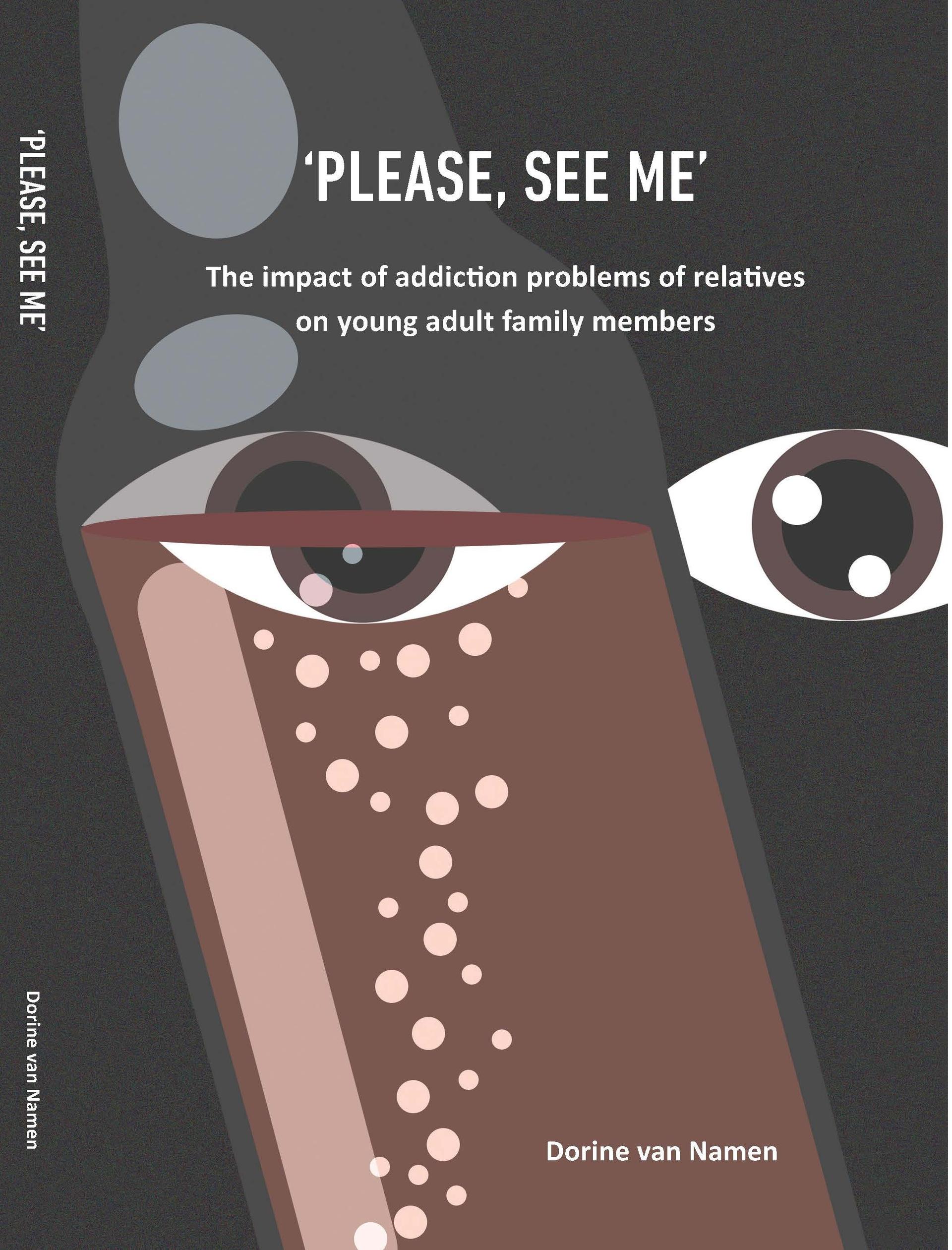Over 5,600 students completed a survey asking about their own substance use and that of their family members. The results are alarming: young adults who grew up with a family member with an addiction were more likely to experience poorer physical and mental health than students whose families did not have these problems. They also experienced more frequent study delays, smoked more often on a daily basis, used more drugs (especially cannabis) and drank alone more often.
"I don't see any good things in anything. Nothing fun happens anymore. I just keep going, though, because I know I have to."
Participant, 24 years old
What makes living with addicts stressful
All participants experienced emotional violence, such as insults and humiliation. A large proportion of them experienced and/or witnessed physical violence, such as being kicked or hit, or having household goods smashed. Some were emotionally or physically neglected. There were also numerous incidents involving the comatose state of family members, as well as illness and death. Some of the participants had informal care duties ranging from doing housework to bathing and putting their family members with addictions to bed.
Support
Van Namen also examined how and whether participants were supported by people in their social networks, lecturers, or health professionals. Support from their own social network (e.g. friends, family and neighbours) and teachers were described as more helpful than professional help. Long-term trusting relationships and proximity (whether social or professional) seem to be success factors for support that was perceived as helpful.
From survival to recognition
Although the problems are serious, many young adults in this situation do not seek professional help. They are ashamed or unaware that their symptoms are related to someone else's addiction. In healthcare, they often remain out of the picture because they are not ‘the patient.’ Van Namen, “What they need is someone who sees them and takes them seriously.”
Recommendations: more focus in education and care
Van Namen advocates clearer communication in education and primary care. If they know what to look out for, lecturers, social workers and GPs can offer a listening ear or refer people to targeted forms of support. She also draws attention to alternative forms of support, such as sports and cultural activities. Furthermore, healthcare professionals can facilitate discussions about coping strategies. Many students need advice on how to cope with addiction problems affecting their family members.
Appeal: see them, hear them!
The study highlights the need for social awareness: young adults who grow up with a loved one's addiction are not an uncommon phenomenon. However, they are an invisible group that needs to be recognised, for example through an information campaign. “Public campaigns help normalise these experiences, which all too often lie in the taboo area,” said van Namen. “When discussions become more commonplace, it will encourage people to seek and accept help.”
About the doctoral thesis
Van Namen, D.M. (2025). ‘PLEASE, SEE ME’: the impact of addiction problems of relatives on young adult family members. Maastricht University. DOI: https://doi.org/10.26481/dis.20250526dn
Dorine van Namen, associated with the Research Centre Innovations in Care at Rotterdam University of Applied Sciences, defended her PhD thesis PLEASE, SEE ME; the impact of addiction problems of relatives on young adult family members at Maastricht University on Monday 26 May 2025. The defence of the doctoral thesis can be viewed via YouTube.

